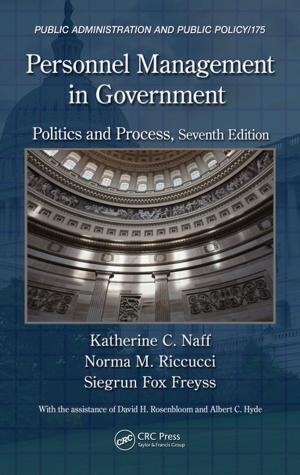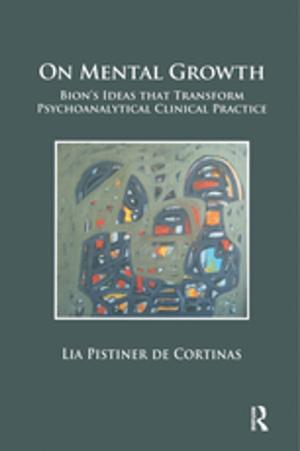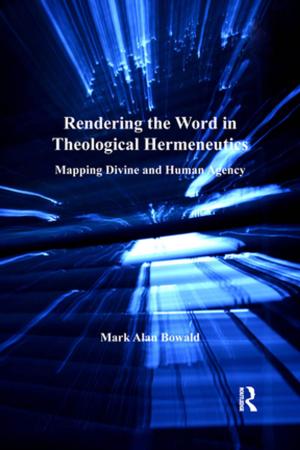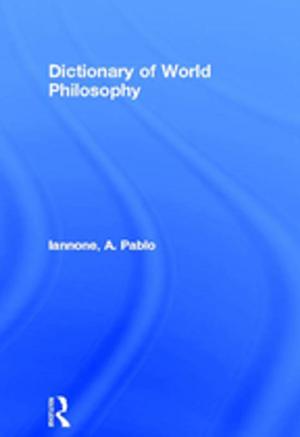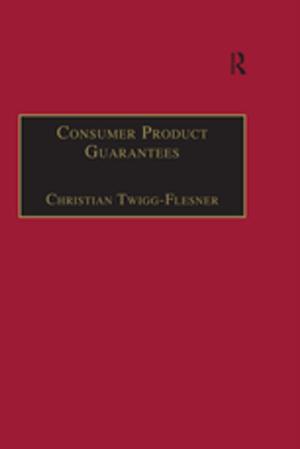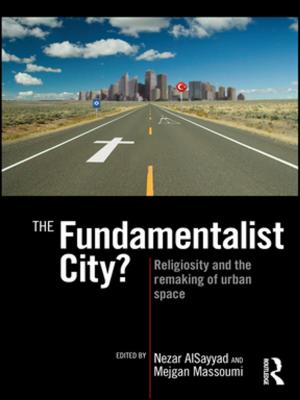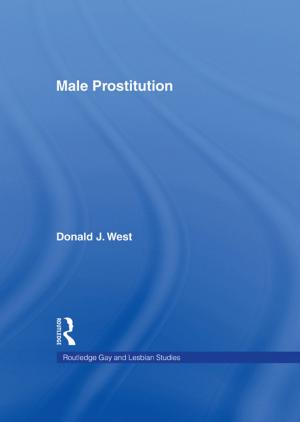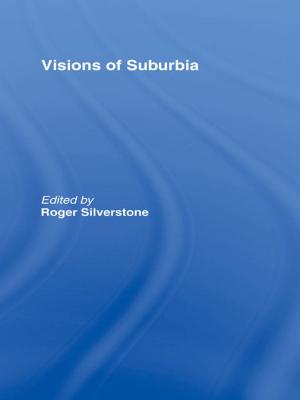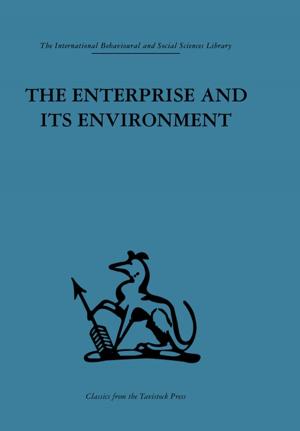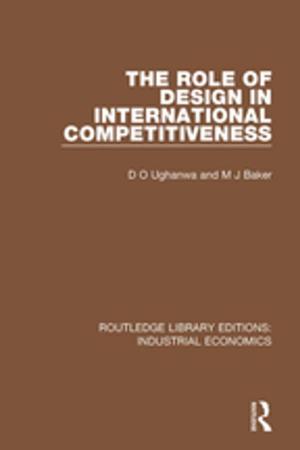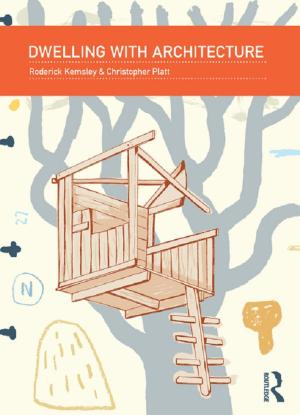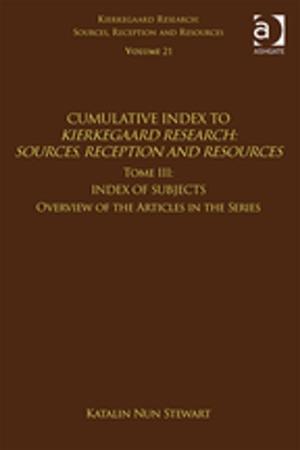| Author: | Damian Atkinson | ISBN: | 9781351882071 |
| Publisher: | Taylor and Francis | Publication: | December 5, 2016 |
| Imprint: | Routledge | Language: | English |
| Author: | Damian Atkinson |
| ISBN: | 9781351882071 |
| Publisher: | Taylor and Francis |
| Publication: | December 5, 2016 |
| Imprint: | Routledge |
| Language: | English |
The text of the book consists of some 150 letters (out of a corpus of 2,500) written by the late nineteenth-century poet, critic, editor and journalist W.E. Henley, to various figures of the period, e.g. R.L. Stevenson, H. G. Wells, J.M. Barrie, William Archer, Rodin, Wilde, Kipling, Arthur Morrison, Alice Meynell, and Edmund Gosse. Letters are also included to other figures within Henley’s immediate circle, his wife Anna, his financial backer Fitzroy Bell, Charles Baxter the arbitrator in the quarrel between Henley and Stevenson, and his Edinburgh art collector friend Hamilton Bruce. Each letter is fully annotated. An introduction places Henley within the period and provides a biographical account of his life and literary work which is reflected in his letters. Of particular importance is the role of Henley as editor of London, the Magazine of Art, the Scots Observer and later the National Observer and the New Review.
The text of the book consists of some 150 letters (out of a corpus of 2,500) written by the late nineteenth-century poet, critic, editor and journalist W.E. Henley, to various figures of the period, e.g. R.L. Stevenson, H. G. Wells, J.M. Barrie, William Archer, Rodin, Wilde, Kipling, Arthur Morrison, Alice Meynell, and Edmund Gosse. Letters are also included to other figures within Henley’s immediate circle, his wife Anna, his financial backer Fitzroy Bell, Charles Baxter the arbitrator in the quarrel between Henley and Stevenson, and his Edinburgh art collector friend Hamilton Bruce. Each letter is fully annotated. An introduction places Henley within the period and provides a biographical account of his life and literary work which is reflected in his letters. Of particular importance is the role of Henley as editor of London, the Magazine of Art, the Scots Observer and later the National Observer and the New Review.


